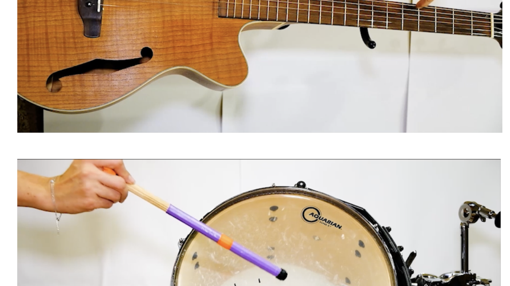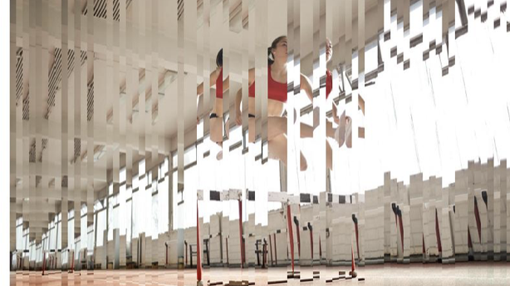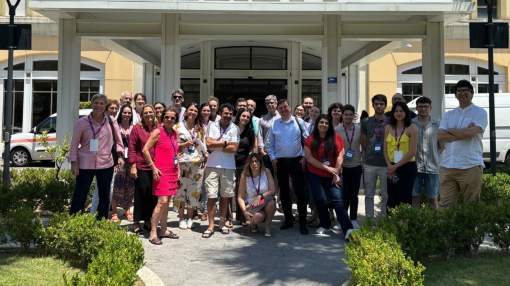I am a researcher with a background in computer science and neuroscience, focused on understanding and influencing human behavior in areas related to sustainability and health. My work spans topics such as consumption preferences, attitudes toward climate change, and usability in smart city environments. I use a diverse set of methods—including behavioral testing, eye-tracking, extended reality (XR), fMRI, EEG, and MEG—providing insights into the strengths and limitations of various imaging techniques and response types across different sensory tasks.
Educational Background: I received my PhD in Behavioral and Cognitive Neurosciences from the University of Groningen and worked as a post-doctoral researcher in the Boston University Biomedical Engineering Department in collaboration with the Martinos Imaging Center at MIT. I hold a B.S. in Computer Engineering from Bilkent University and an M.S. in Cognitive Science from the Informatics Institute at the Middle East Technical University. Currently, I am an Assistant Professor at the University of Twente.
Expertise
Neuroscience
- Perception
- Receptive Field
- Epilepsy
- Recognition
Psychology
- Saccade
- Attention
- Eye Movement
Social Sciences
- Identity
Organisations
I am a researcher using extended reality (XR) and neuroscience to explore how human behavior can be shaped and influenced. My work focuses on how sensory experiences and adopting different viewpoints impact decision-making, particularly in choices that affect the environment and personal health. I’m especially interested in understanding how altering perception can lead to more thoughtful decisions and, ultimately, foster positive change in areas like sustainability and well-being.
Publications
2026
2025
2024
2022
Other contributions
Capkan, E. N., Borsci, S., Chan, R. W., Scataglini, S., Truijen, S., & Yildirim, F. (2025, July). An Exploration of Digital Human Cognition Through Sensory Perception Across Real and Virtual Selves. In International Conference on Digital Human Modeling (pp. 331-342). Cham: Springer Nature Switzerland. doi.org/10.1007/978-3-032-00839-8_30
Malak, C., & Yildirim, F. (2025). Pupillary Responses to Masked and Gaze-Averted Faces. Frontiers in Psychology, 16, 1586186. doi.org/10.3389/fpsyg.2025.1586186
Senguler B, Ozilgen S, Yildirim F. Culinary Cognition: The Interplay Between Visual Sensory Cues, Food Memory, And Food Perception. ChemRxiv. 2024; doi:10.26434/chemrxiv-2024-h5x3d
Malak, C., & Yildirim, F. (2022, November 16). Masking Emotions: How Does Perceived Gaze Direction Affect Emotion Recognition in Masked Faces? – An Eye-Tracking Study. https://doi.org/10.31234/osf.io/3fd5h
Yorgancıgil, E., Yildirim, F., Urgen, B. A., & Erdogan, S.B (2022) An Exploratory Analysis of the Neural Correlates of Human-Robot Interactions with functional near infrared spectroscopy (fNIRS). Frontiers in Human Neuroscience (https://www.frontiersin.org/articles/10.3389/fnhum.2022.883905/full).
Rijnders, B., Korkmaz, E.E. & Yıldırım, F. (2022). CNN for a Connectivity Based Epilepsy Diagnosis with Resting-state EEG. Medical and Biological Engineering and Computing, https://doi.org/10.1007/s11517-022-02560-w
Katircilar, D., Yildirim., F. (2022) Harmonicity of Sound Alters Roughness Perception. (Under Review, Preprint available https://psyarxiv.com/qb523/).
Yorgancıgil, E., Urgen, B. A., & Yildirim, F. (2021). Uncanny Valley Effect is Amplified with Multimodal Stimuli and Varies Across Ages. (Under Review, Preprint available https://doi.org/10.31234/osf.io/dtvjp).
Senguler, B., Ozilgen, S. & Yildirim, F. (2021) How Food Cognition Affects Evaluation Behavior: A functional Food Development Study (Submitted).
Turk, D.D. & Yildirim, F. (2022) Attention towards Facial Regions Varies between Emotion Types but not between Attachment Styles (Under Review, Preprint available https://psyarxiv.com/268vw/).
Canatan, N., Demircan A., Yildirim, F., Sener S. (2022) The False Memory
Effect Within and Across Languages and The Role of Instruction. (Submitted).
Research profiles
My teaching involves methological topics such as programming, extended reality, cognitive neuroscience and sensors for behavioral science and design engineering students.
Affiliated study programs
Courses academic year 2025/2026
Courses in the current academic year are added at the moment they are finalised in the Osiris system. Therefore it is possible that the list is not yet complete for the whole academic year.
- 201400213 - Masterthesis HFE
- 201600162 - Advanced Research Methods for HFE
- 202000210 - Cognitive Ergonomics
- 202000356 - Human Factors Theory
- 202000357 - Programming
- 202000379 - Bachelorthesis RMMD
- 202000383 - Bachelorthesis HFE
- 202200073 - Training, Sensors and Simulation
- 202200246 - Internship HFE
- 202400110 - Neuroscience Selected Topics and Project
Courses academic year 2024/2025
- 201400213 - Masterthesis HFE
- 201600162 - Advanced Research Methods for HFE
- 202000210 - Cognitive Ergonomics
- 202000356 - Human Factors Theory
- 202000357 - Programming
- 202000379 - Bachelorthesis RMMD
- 202000383 - Bachelorthesis HFE
- 202200073 - Training, Sensors and Simulation
- 202200246 - Internship HFE
- 202400108 - Foundation of Neuroscience
- 202400109 - Methodological Aspects
- 202400110 - Neuroscience Selected Topics and Project
Current projects
Finished projects

Investigation of Auditory Localization Performance Based on Multiple Sensory Modalities and Auditory Learning Types
This project examines the effects of visual, auditory and audio-visual exercise types on sound localization performance. Information from different senses is processed together in the human brain to form sensory perception. Combining information from one sensory modality with information from additional modalities can improve our perception and localization of a stimulus. Experiences in daily life are often formed by combining information from multiple modalities. This study seeks to evaluate how effective this combination is in improving sound localization skills.

The effect of temporal ordering and sound source in understanding the perception of sound events.
This study examines sound perception and processing mechanisms, and how temporal sequence and type of sound events affect our ability to identify them.
Address
University of Twente
Capitool 15 (building no. 78), room 341
Capitool 15
7521 PL Enschede
Netherlands
University of Twente
Capitool 15 341
P.O. Box 217
7500 AE Enschede
Netherlands
